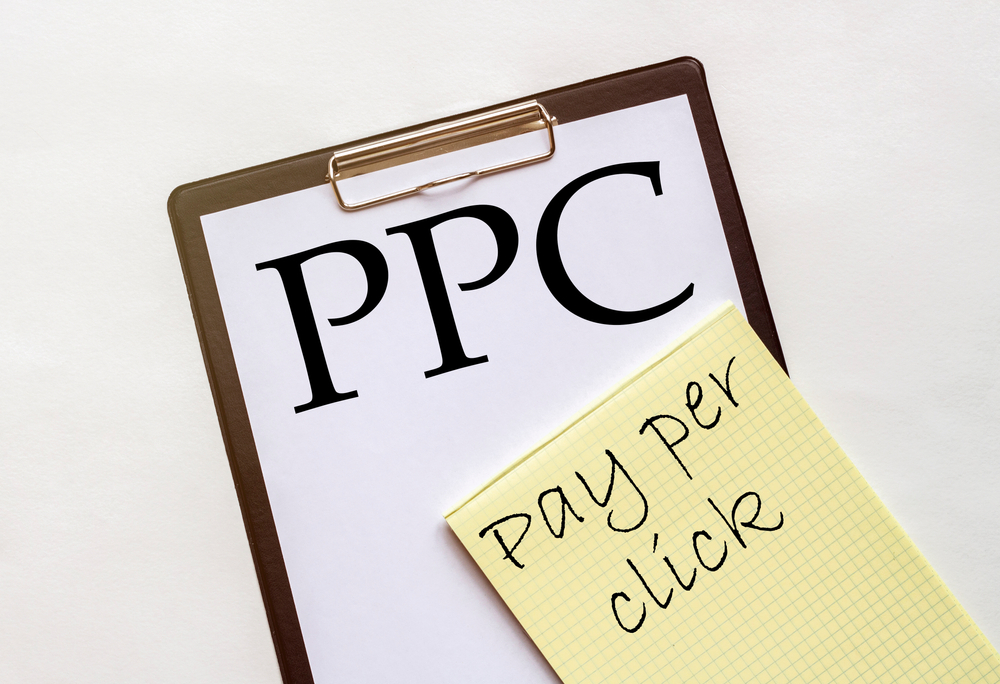
PPC budget is one of the important factors businesses should focus on while creating a strong PPC strategy. We all know that Pay-Per-Click (PPC) advertising is one of the most effective and powerful digital marketing techniques for online business success. However, to get positive results out of a PPC campaign, it is important to set a strong strategy along with your budget.
Though PPC is more cost-effective than traditional advertising routes, it’s important to estimate a budget, as it can help you to determine your actions and calculate expected costs. However, allocating a PPC budget can be difficult, as it directly relates to online traffic acquisition efforts. So, to guarantee successful results and determine the right PPC budget, proper planning is of the utmost importance.
Planning Your PPC Marketing Budget

Before you set a PPC budget, it is important to know why you want to spend your money on PPC ads. Setting quantitative goals and learning about the audience for whom you are setting your ads to play a crucial role in determining your PPC budget.
Apart from setting goals, businesses need to determine the amount of traffic required to reach those goals. Whether you are new to PPC ads or have been practicing it for years, proper budget planning helps while determining if you are making the most out of your spending. Proper planning also helps you estimate how changes in your PPC budget will influence your overall results
Determine How Much Your Business Is Willing to Spend

To know how much money you want to spend on a PPC campaign, it is important to have a clear idea about your marketing goals. A marketing goal plays an important role in this process because it helps you to calculate your campaign’s average order value, gross margin percentage, and cost per acquisition.
You can also make use of a few factors like the target geographical location, frequency of interaction, bounce rate, cost per conversation, return on ad spend, etc., to understand the budget you need to set to achieve your goals.
Use Google Keyword Planner to Plan your Budget
Another effective way to audit and allocate a PPC budget is by using Google Keyword Planner to find keywords that have a low cost-per-click. For businesses with low marketing budgets, this is a compelling way to set a budget, as it helps businesses find low-cost keywords that can rank ads higher on search results. Since the Keyword Planner is a planning tool, it can also help you estimate how much a business needs to spend on keywords that bring more sales.
Know the Conversion Rate

Knowing the overall conversion rate for your business is important to set the right PPC budget. Understanding the conversion rate helps you to reach your target audience at different stages of their buyer’s journey. If you are new to PPC, this data gives you an idea about how often people are converting.
The data also helps you to determine the PPC budget you need to improve your website traffic. You can also divide the required number of customers with the conversion rate to know the amount of traffic required to meet your marketing goals.
Use Tools to Find Out Competitors’ Spending

PPC budget management can be tough at times. To make it easy and efficient, you can conduct a quick audit of your PPC budget with the help of a few SaaS tools. From SEMrush and SpyFu to Optimyzer, there are different tools in the digital platform that can help you out in the process.
These tools can help you to uncover competitors’ ad campaigns, look into their PPC strategies, design your own PPC strategy and allocate your PPC budget according to the competitor data.
Choose Keywords Carefully
The keywords you are using to optimize your PPC ads play a crucial role in the success of your campaigns. However, keywords used in PPC ads come with a price. The keyword price is defined as the amount of money paid by an advertiser to the search engine every time a user clicks on an advertisement. The price for each keyword depends upon its commercial intent and what competitors are bidding for that keyword.
So, the cost of a keyword rises and falls according to industry, location, and competition. If a business is making use of high-competition keywords, it might end up spending more money. However, high-competition keywords have high potential value and thus, can bring a much higher return on investment if the rest of your campaign is optimized.
Having a mixture of low CPC keywords, along with high CPC keywords, can contribute to an efficient PPC campaign. Also, choose keywords that are relevant to your business, and have a high buyer intent so you can reach prospects at critical moments in their decision-making process.
Budgeting Your PPC Marketing Campaign Is Key to Your Success

PPC advertising is undoubtedly a powerful tool to promote your business before your target audience. However, when it comes to allocating your PPC budget, proper planning is required.
Without a proper strategy, a business cannot target ads successfully and might overspend or lose money in the process. Consider hiring an experienced professional to produce PPC campaigns that not only reach your audience but also improves your business’ overall ROI.


